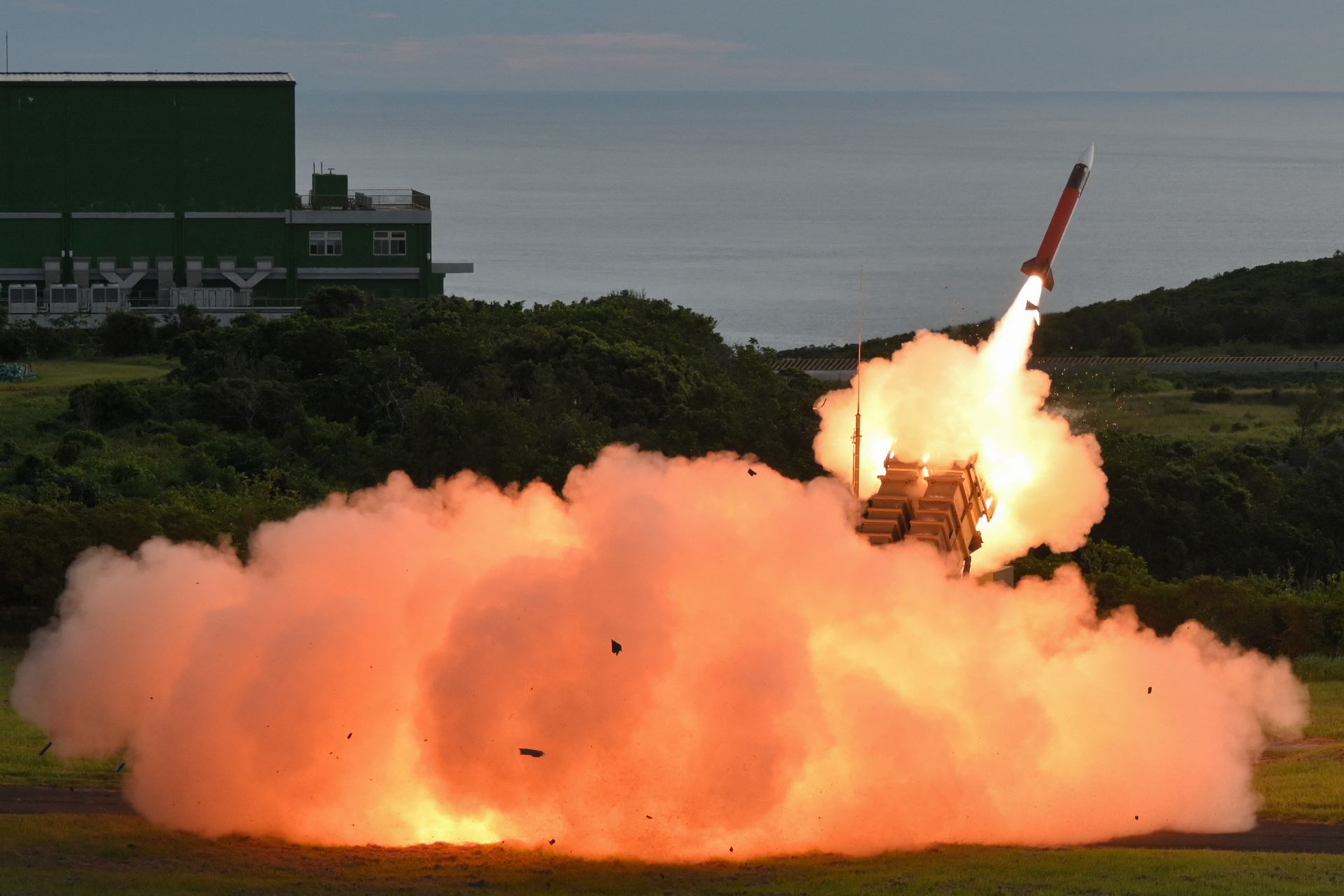'How would that even work?' — Experts pour scorn on Trump's 'severe' Russian tariffs plan

U.S. President Donald Trump in East Rutherford, New Jersey, U.S. on July 13, 2025. (Chip Somodevilla / Getty Images)
President Donald Trump on July 14 announced the U.S. would impose "severe tariffs" on Russia unless Moscow agrees to a deal to end the war in Ukraine within 50 days, but experts who spoke to the Kyiv Independent say the plan is deeply flawed.
"I'm afraid this talk about tariffs will remain just talk," Andrei Movchan, a Russian-born economist and founder of Movchan's Group, told the Kyiv Independent.
"Like the oil price cap or the fight against the shadow fleet — something may be introduced on paper, but in reality, nothing will actually work."
What did Trump announce?
"We call them secondary tariffs," Trump said when announcing his new 50-day deadline for the Kremlin, which comes after previous deadlines to end the war of 24 hours, two weeks, and 100 days have come and gone..
Secondary tariffs are trade penalties aimed at countries or companies that continue doing business with a sanctioned nation — in this case, Russia.
Rather than sanctioning the target country outright, the U.S. penalizes its trade partners by restricting their access to the U.S. market or financial system.

For example, if China continues purchasing Russian oil, the U.S. could impose a 100% tariff on Chinese goods imported into the American market.
The result would be a steep rise in the cost of those goods for U.S. consumers and a potential loss of export income for China.
With oil and gas making up nearly one-third of Russia's federal revenue, curbing international trade in these sectors could significantly reduce the Kremlin's ability to finance its war in Ukraine.
A Kremlin spokesperson responded on July 15 by calling Trump's warning "serious" but said that Moscow would need time to analyze the message from Washington.
But experts question not only the likelihood of the threat being enforced, but also its potential to deliver meaningful results.
Can Trump actually impose secondary tariffs?
Despite the threat, several experts are skeptical that Trump would even follow through with such sweeping economic measures.
According to a recent report by the Centre for Research on Energy and Clean Air, Turkey is currently the largest buyer of Russian oil products, accounting for 26% of its exports. China is next with 13% and Brazil with 12%.
Dmitry Potapenko, a Russian economist, said Trump is unlikely to risk the fallout of clashing with multiple powerful economies simultaneously.
"He's unlikely to actually go through with it," Potapenko told the Kyiv Independent.
"Russia might sell 30-40% less oil but at a much higher price."
"Is he going to hit Turkey… and China with tariffs? And what about Russia's other partners? He spoke to the Chinese quickly — and just as quickly backed off."
Since returning to the White House, Trump has leaned heavily on tariffs as a foreign policy tool.

The U.S. and China earlier this year engaged in a trade war, with tariffs on Chinese goods reaching as high as 145% and on U.S. exports reaching 125%.
Two months later, Trump announced a trade agreement with Beijing that lowered tariffs, setting U.S. import taxes on Chinese goods at 55% and China's at 10%.
"It's highly unlikely that the U.S. will actually impose 100% tariffs on all goods imported from, for example, China, even though China purchases Russian oil," Movchan said.
He added that it's unrealistic to expect the U.S. to track exactly how much Russian oil China buys and then impose a 100% tariff on China based on the amount paid for that oil
"How would that even work?" he said.
Could the tariffs work?
If Trump does follow through with his threat, the economic impact would likely be complex and possibly counterproductive.
Movchan suggested that if buyers were forced to pay high tariffs, they might reduce Russian oil purchases, which could cause global shortages and drive prices higher.
"Buyers will try to buy less Russian oil, which will create a shortage on the world market and push prices up," he said.

"Russia might sell 30-40% less oil but at a much higher price."
More likely, Movchan added, Russia would continue selling roughly the same amount of oil, but via routes that bypass Western oversight entirely.
"It's even more likely that the Kemlin would sell only slightly less oil overall, with a larger share moving through 'black channels,'" Movchan said.
"In the end, Russia's revenue won't decrease, while intermediaries' profits will rise significantly."
Note from the author:
Hi, this is Tim. Thank you for reading this article. The Kyiv Independent doesn't have a wealthy owner or a paywall. Instead, we rely on readers like you to keep our journalism funded. If you liked this article, consider joining our community today.










